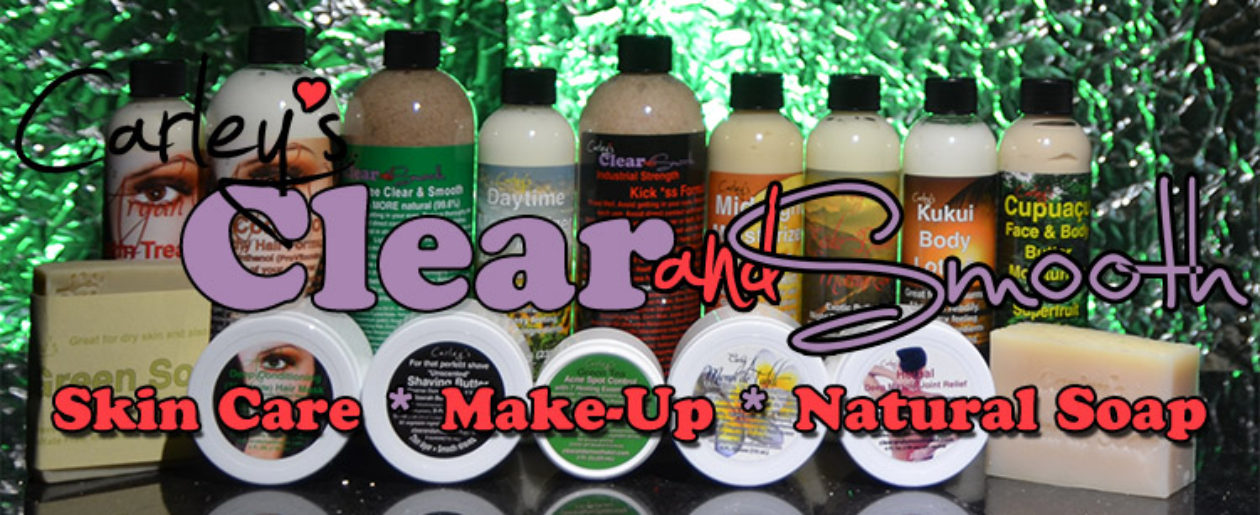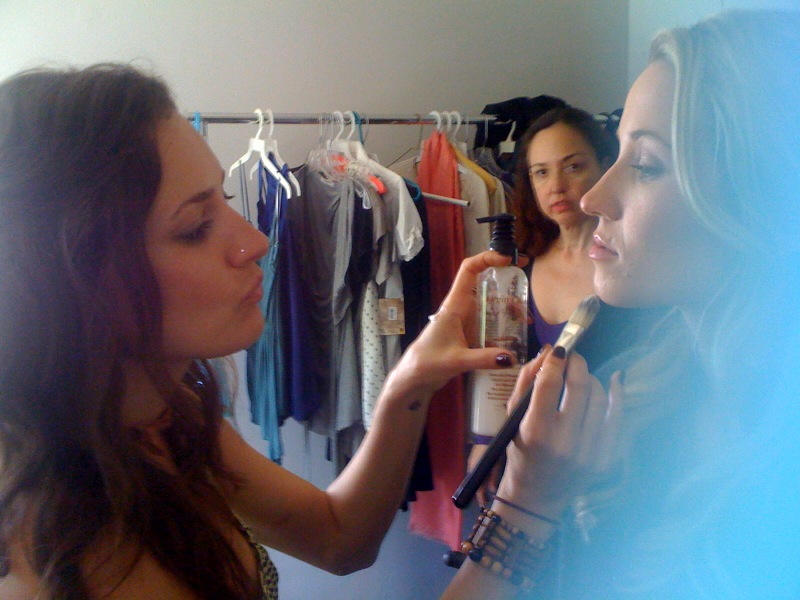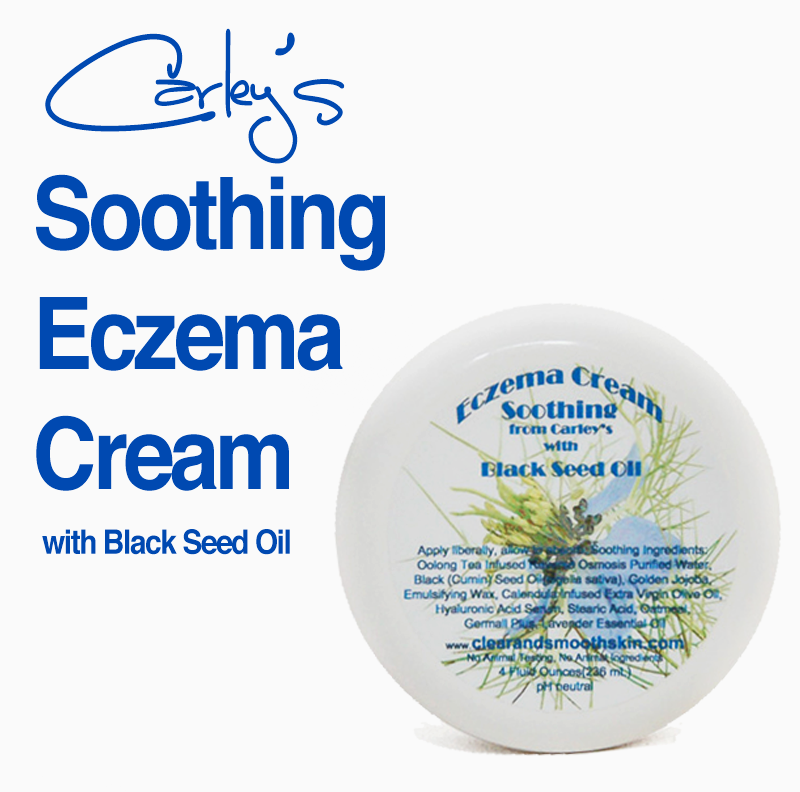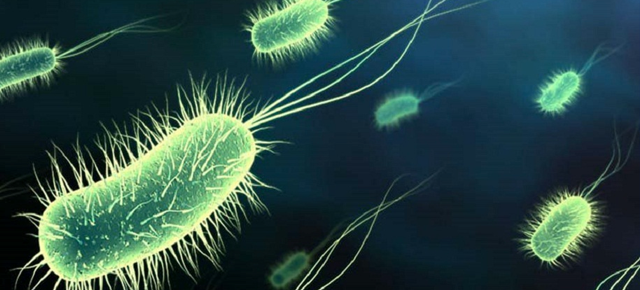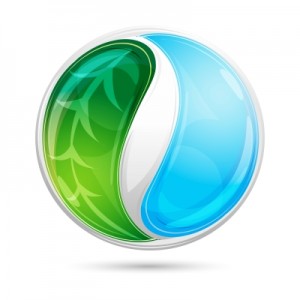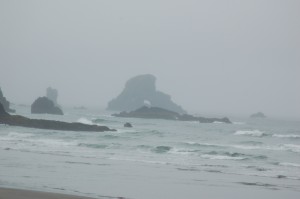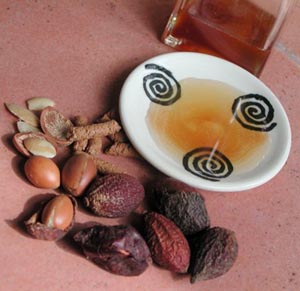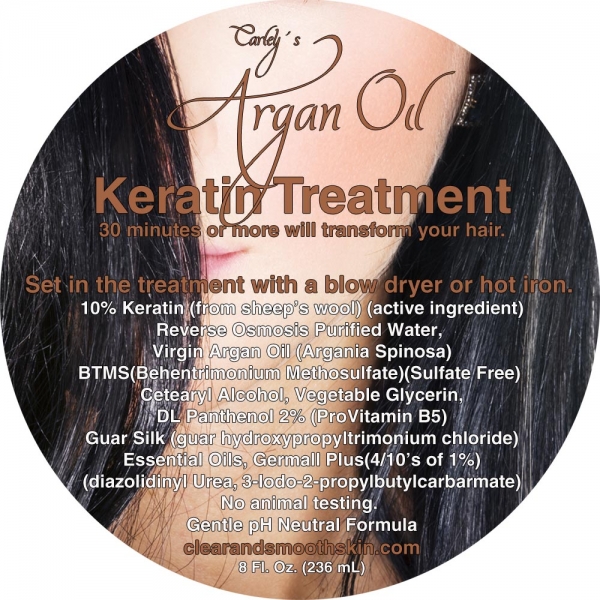I do our formulating. That means I am pretty familiar with ingredients used in the industry. Since we just released our new Argan Oil Hair conditioner, I wanted to take a few moments and look at a hair conditioner from a company that has the word organic in their name.
I can’t tell you who they are because they might sue us.
When I look at most of these ‘natural’ conditioners I see lot of extracts – horsetail and coltsfoot among many other extracts. I’m not a big believer in extracts. I know of no study that proves horsetail can even be absorbed or adsorbed by the hair. We don’t like to use most extracts unless we extract them ourselves (such as the broccoli sprout extract we put in most products). Because there are no standards for strength of extracts you’ll find the qualities vary – usually from useless to almost useless.
Picked at random, I’ll take a look at the ingredient labels (keep in mind, ingredients are listed in order of prominence. highest percentage first):
Aqua – That is water; is it just purified? Or reverse osmosis like we use?
Cetyl alcohol (coconut fatty alcohol) – This is actually good; but at #2, seems too high
Aloe barbadensis (aloe) leaf juice* – This is good, but the juice can be pretty watery
Alcohol denat – (denat. is short for denatured alcohol, wonder why they abbreviate it?); Whoa, what’s this doing here at #4?
Helianthus annuus (sunflower) seed oil – It’s good, but about the cheapest oil you can buy; and this is their first oil – no comparison to Argan! I can buy a gallon of sunflower oil at the grocery store for around $20. The Virgin Argan oil we use is from a specialty importer at $150 a gallon; and Argan is about a million times better for the hair.
Milk protein – What this does, I don’t know; we wouldn’t use it because it is animal derived. Hmmm!
Glycerin – I don’t know if it is vegetable, it should say vegetable. if it’s not vegetable, it is animal derived. You do not want to know how animal derived glycerin is made. I’m guessing it is vegetable.
The next ingredients we call ‘Label Candy’. They look good on the label. They are found to be effective at selling the product.
Equisetum hyemale (horsetail) extract – No actual proof it does anything. Sounds great though. Horses have got long tails. and we all want long hair. Oh sorry, horsetail is a plant. I shouldn’t make fun.
Tussilago farfara (coltsfoot) leaf extract – Again, looks good. But how can the hair absorb it? Again what’s with all the horse references?
Tanacetum annum (Moroccan blue camomile) oil* – This might be good. It is an essential oil. Mostly used for scent. Although it does have some astringent properties. I know right at this point we are dealing with a tiny amount. At $120 an ounce, I am 100% certain there is very little in this product.
So the rest of these ingredients are in tiny proportions… A few drops, maybe, with each use. Maybe a few drops in the whole bottle. I’m not bothering even mentioning them.
Brassica campestris (turnip) oil, aleurites fordi (chinawood) oil, citrus grandis (grapefruit) extract, tocopheryl acetate (vitamin E), hamamelis virginiana (witch hazel) extract, ascorbic acid (vitamin C), glycine soja (soybean) oil, daucus carota sativa (carrot) root extract, beta-carotene.
*Organic
I’d also want to know what the pH is
Since they don’t use a traditional preservative, very acidic I’m guessing. I don’t see anything that will condition the hair except cetyl alcohol. Maybe that’s why it is #2? And the aloe vera juice (which is good) and sunflower oil.
Some of the ingredients are Organic. So what? Wouldn’t they have to be all Organic to make it worth even mentioning? Besides who can believe what is and isn’t organic today?
I’m trying to figure out why denatured alcohol is the fourth item on the list. Essentially rubbing alcohol. I have no clue why they are using this? If it was way down the list, it wouldn’t matter. but 4th???
This could be an exercise in futility. Only detail junkies like me would even care. I just find it real interesting.
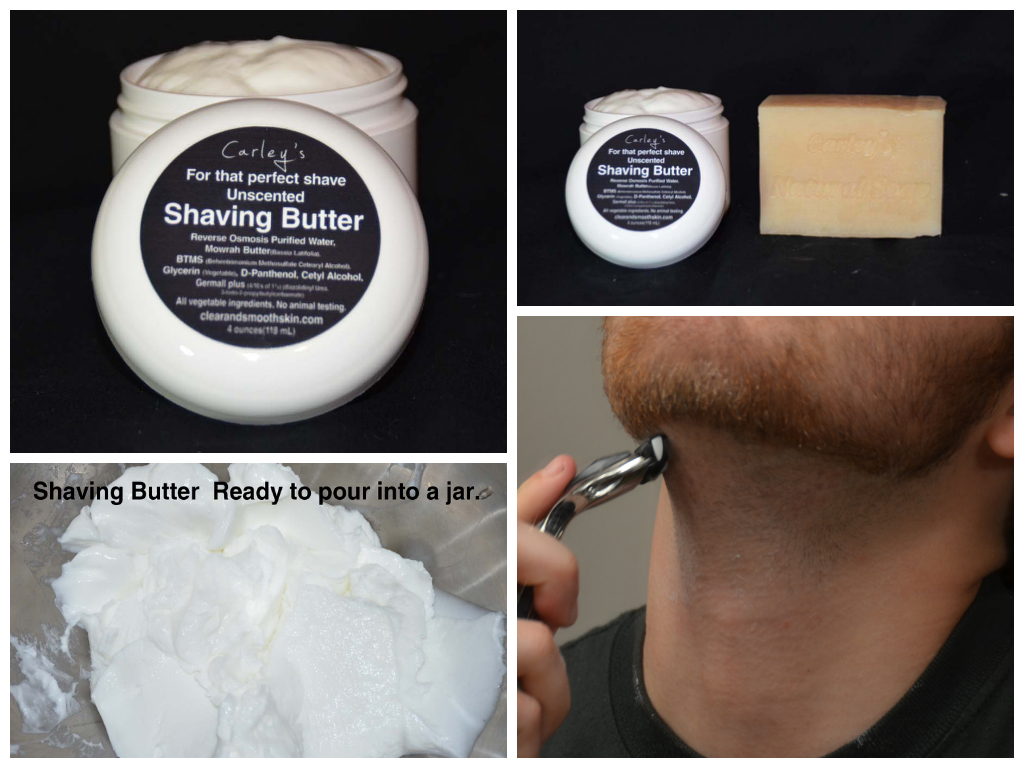
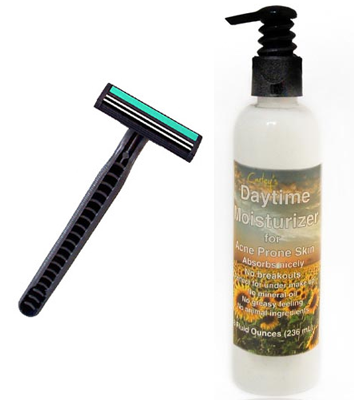
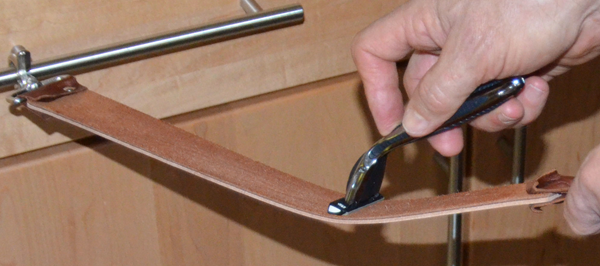 Sharpening the Blades
Sharpening the Blades